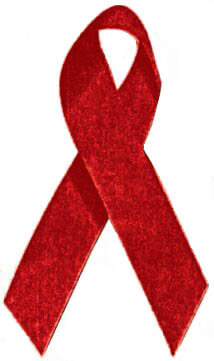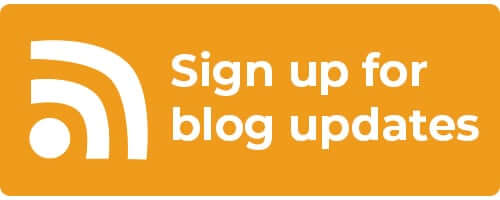 Today the world acknowledges the remarkable recent progress in HIV/AIDS awareness, detection, and remediation. As the Wilderness Network commends this progress, it remains confronted daily with the reality of the stigma, denial, and continued contraction of HIV at an alarming rate in areas of the Eastern Cape, South Africa. Here, where the Wilderness Foundation (Africa) is based, unmitigated poverty leads to the despair and hopelessness that underlies the epidemic.
Today the world acknowledges the remarkable recent progress in HIV/AIDS awareness, detection, and remediation. As the Wilderness Network commends this progress, it remains confronted daily with the reality of the stigma, denial, and continued contraction of HIV at an alarming rate in areas of the Eastern Cape, South Africa. Here, where the Wilderness Foundation (Africa) is based, unmitigated poverty leads to the despair and hopelessness that underlies the epidemic.
What Wilderness Network is doing to address the epidemic…
In 2005, the Wilderness Foundation (Africa), with the partners of the Wilderness Network including The WILD Foundation (USA), The Wilderness Foundation (UK) and the Wilderness Leadership School (South Africa), launched the Umzi Wethu Academy for Displaced Youth, which targets impoverished young people on the verge of adulthood with job opportunities and life skills training, then makes these youth community and peer leaders on the topic of HIV/AIDS.
The Wilderness Foundation is the only environmental organization that tackles the problem of HIV/AIDS head on with a poverty alleviation strategy incorporating wilderness experiences and on-the-ground conservation work. Its executive director, Andrew Muir, recently received the Rolex Award for Enterprise for founding the Umzi Wethu program.
The Umzi Wethu Academy taps the success of ecotourism in the Eastern Cape by delivering employable graduates to partnering game reserves and national parks that can offer secure, well-paying jobs in field ranging and hospitality.
To date, over 80 youth from some of the poorest urban and rural communities in the Eastern Cape have graduated, most placed in jobs as game rangers, chefs, and front of house in typically five-star establishments. An additional 40 students are currently enrolled.
Gender equity is key to breaking the HIV/AIDS cycle, and the Wilderness Foundation strives to balance gender in its recruitment and job placement efforts, including game and field ranger jobs that are traditionally occupied by men.
Two academies now exist, one urban focused on hospitality and the other rural focused on field ranging. Wilderness Foundation seeks funding to support other conservation and social development NGOs with seed money to replicate the Umzi Wethu model across Africa.
What Umzi Wethu does about HIV/AIDS …
Job preparation and placement are the priority accomplishments of Umzi Wethu, as well-paid, stable young people are less likely to succumb to the disease.
But hand-in-hand with the training and internships leading to secure employment are the life skills with which Umzi equips each youth. Umzi students are trained in HIV/AIDS awareness and mitigation methods as well as peer mentoring skills that allow them to encourage other youth to avoid the disease, engage in voluntary counseling and testing (VCT), and where necessary, use antiretroviral medications. Approximately 800 youth are reached through Umzi student leadership on wilderness trails organized for other youth as part of the Wilderness Foundation’s Pride, Imbewu and Khula Nam programs.
Students also promote HIV/AIDS awareness and VCT through community projects.
Umzi Wethu outreach includes the families of students, resulting in benefits to some 1,200 additional community members.
Support Umzi Wethu today >
For further information:
In South Africa, contact: Andrew Muir, Executive Director, 27 (0) 41 373 0292, Andrew(a)sa.www.wild.org , or Pinky Khondlo, Program Manager, pinky(a)sa.www.wild.org
In the United States, contact: Julie Anton Dunn, U.S. Program Director, 703-864-7770, Julie(a)www.wild.org
